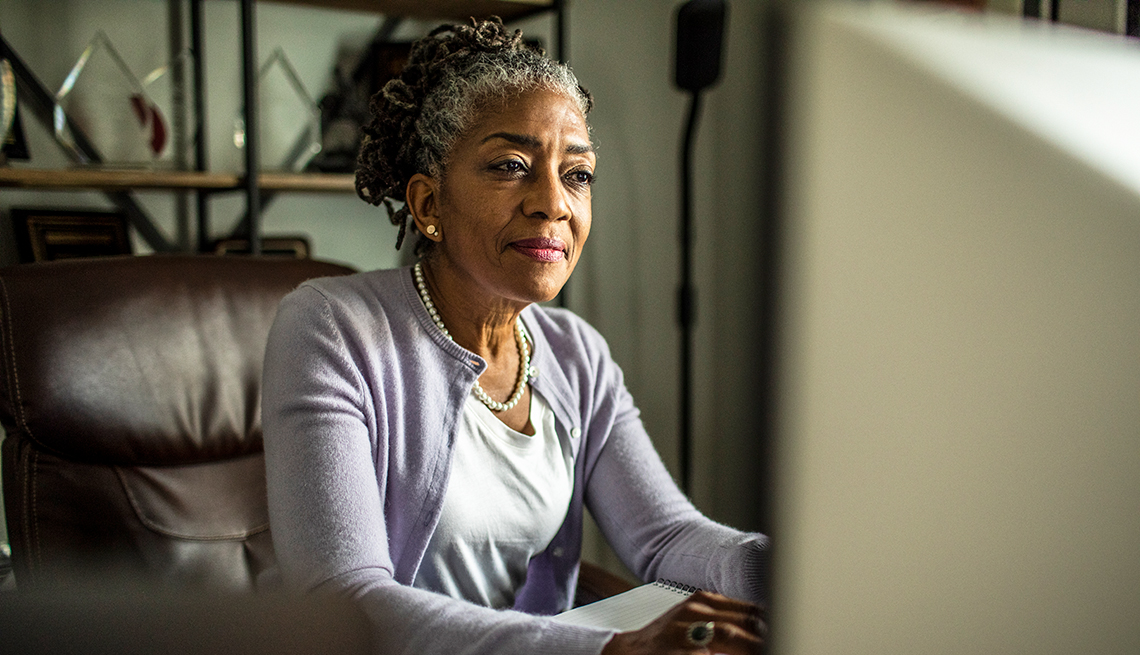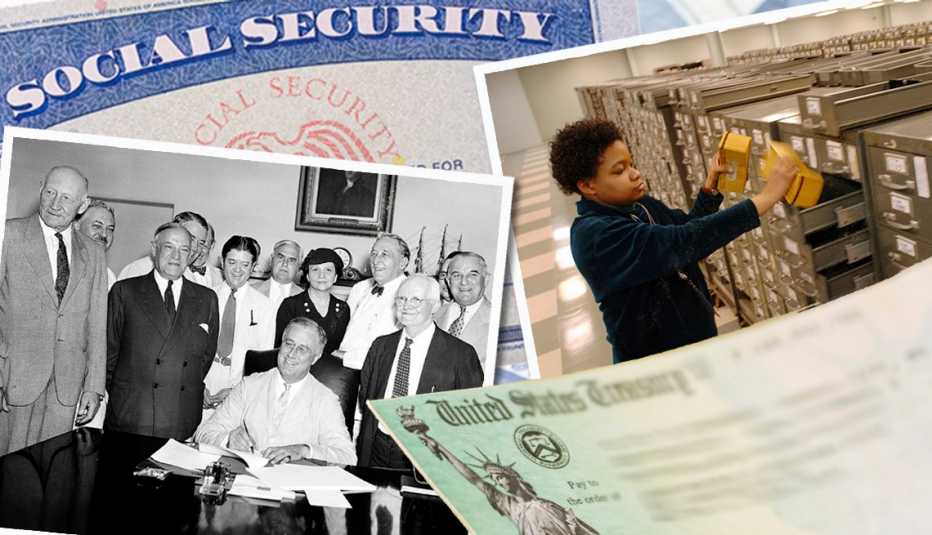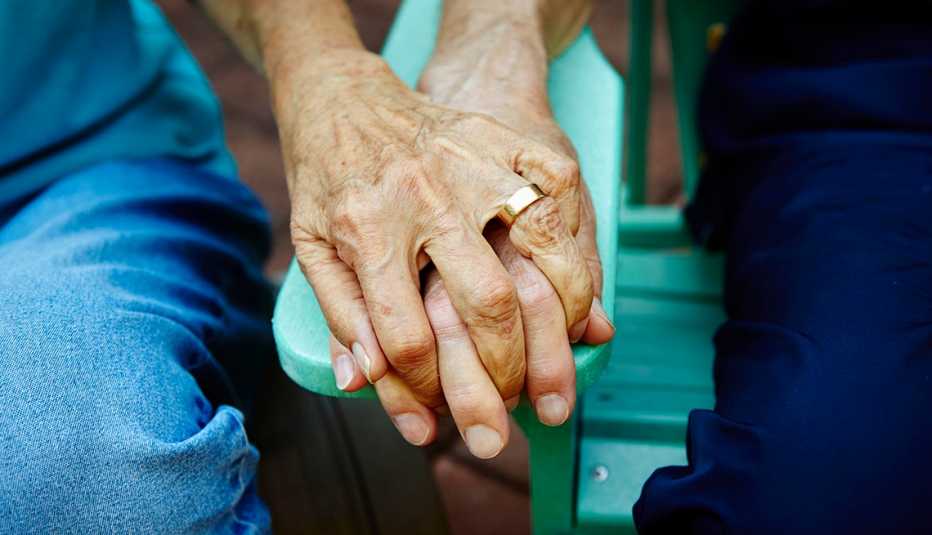Staying Fit
Andy Markowitz,
Social Security was conceived as a guaranteed retirement benefit for America’s workers, but it quickly grew to provide for their families as well. Four years after the program’s inception in 1935, President Franklin D. Roosevelt signed legislation extending benefits to deceased workers’ wives (it was 1939, after all), minor children and, in rare instances, aged parents.
How Social Security Benefits Work for Spouses and Survivors
Watch AARP’s free webinar to get answers to common questions about how marriage, divorce or a spouse's death can affect what you get from Social Security. Explore these topics and much more:
- Eligibility rules for spousal and survivor benefits
- Claiming strategies to maximize your payment
- Divorced-spouse benefits and the impact of remarrying
Over the years, survivor benefits became gender neutral and expanded further to cover divorced spouses as well as widowers and widows. Today they account for nearly 9 percent of Social Security recipients, providing monthly payments to more than 5.8 million people.
These payments, calculated on the basis of the late loved one’s lifetime earnings, offer a crucial measure of financial protection in the aftermath of loss. Here are 10 key things spouses should know about Social Security survivor benefits.
1. You become eligible at age 60 … usually.
In most cases the widow or widower of a deceased worker can begin collecting a survivor benefit as early as age 60 (although the monthly payment increases if you wait — see number 4).
There are circumstances, however, in which you can start sooner. Surviving spouses may be able to begin drawing benefits at age 50 if they’re disabled, and at any age if caring for a child of the late beneficiary who is younger than 16 or is disabled and entitled to childhood Social Security benefits on that basis.


AARP Membership— $12 for your first year when you sign up for Automatic Renewal
Get instant access to members-only products and hundreds of discounts, a free second membership, and a subscription to AARP the Magazine.
2. There’s no time limit for spouses to claim them.
You don’t have to apply for survivor benefits within a set time after your partner’s passing or at your earliest eligibility age. In most situations you can decide when to claim them, or whether to claim them, in a way that best serves your financial situation. (If you have children, there is a time limit on their eligibility; in most cases, they can only collect survivor benefits on a a late parent's record until they turn 18.)
You should, though, make sure the death is reported to Social Security as soon as possible. Often this can be done through a funeral home, but you can also report it directly to Social Security by calling the agency’s national phone line (800-772-1213) or contacting your local office.
Reporting may also trigger a onetime, $255 death benefit for a surviving spouse, but that payment does not affect survivor benefits.
3. Your mate didn’t have to have been getting benefits.
You can collect survivor benefits even if your spouse hadn’t yet claimed Social Security at the time of death.
In this case, survivor benefits will typically be based on the late spouse’s full retirement benefit — the amount they would have been entitled to collect from Social Security had they filed at full retirement age, or FRA (66 for people born from 1943 through 1954 and gradually rising to 67 for people born in subsequent years).







































































